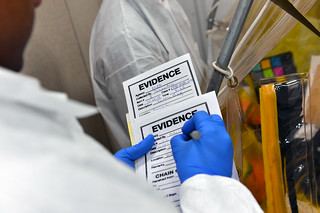- What They Do: I/O psychologists apply psychological principles to workplace environments to improve productivity, employee satisfaction, and organizational effectiveness. They conduct research on work behavior, develop training programs, and optimize hiring and leadership strategies.
- Where They Work: Corporations, government agencies, consulting firms, and research institutions.
- Why It's Impressive: High-paying, applies psychology in the business world, and influences major organizations.
|
- What They Do: Clinical psychologists assess, diagnose, and treat mental health disorders such as anxiety, depression, and PTSD. They use therapy, psychological testing, and evidence-based interventions to help individuals improve their well-being.
- Where They Work: Hospitals, private practices, mental health clinics, and academic settings.
- Why It's Impressive: One of the most recognized psychology careers, involves deep expertise in mental health, and offers diverse specializations.
|
- What They Do: Educational psychologists study how students learn and develop strategies to improve teaching methods, curriculum design, and classroom management. They work with educators, parents, and students to enhance academic success.
- Where They Work: Schools, universities, government agencies, and research organizations.
- Why It's Impressive: Influences the education system, helps students thrive, and contributes to educational policy.
|
- What They Do: UX researchers study human behavior to improve digital experiences on websites, apps, and technology products. They conduct usability tests, analyze user data, and work with designers to create user-friendly interfaces.
- Where They Work: Tech companies, startups, consulting firms, and design agencies.
- Why It's Impressive: High demand in the tech industry, combines psychology with innovation, and offers lucrative salaries.
|
- What They Do: Forensic psychologists apply psychology to legal and criminal investigations. They assess criminals, provide expert witness testimony, and help law enforcement understand criminal behavior. Some also work with victims or in prison rehabilitation programs.
- Where They Work: Courts, law enforcement agencies, correctional facilities, and private consulting firms.
- Why It's Impressive: Involves psychology and law, often portrayed in media, and has real-world legal impact.
|




